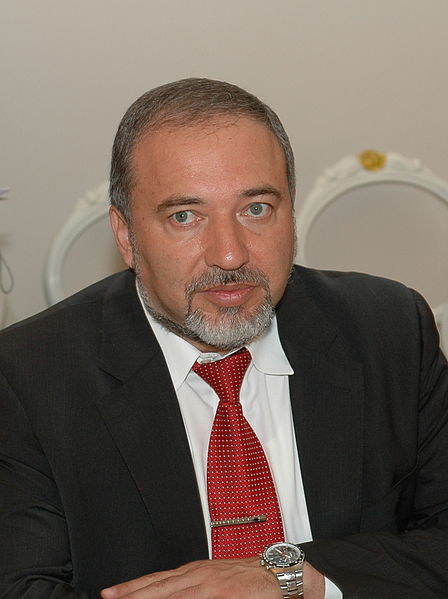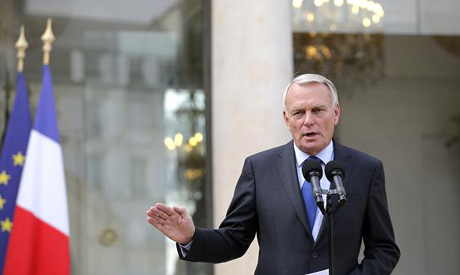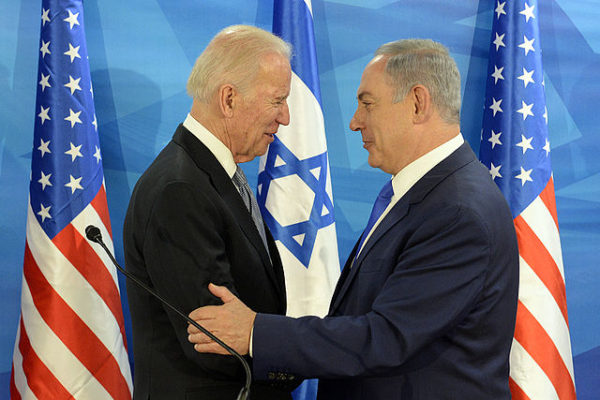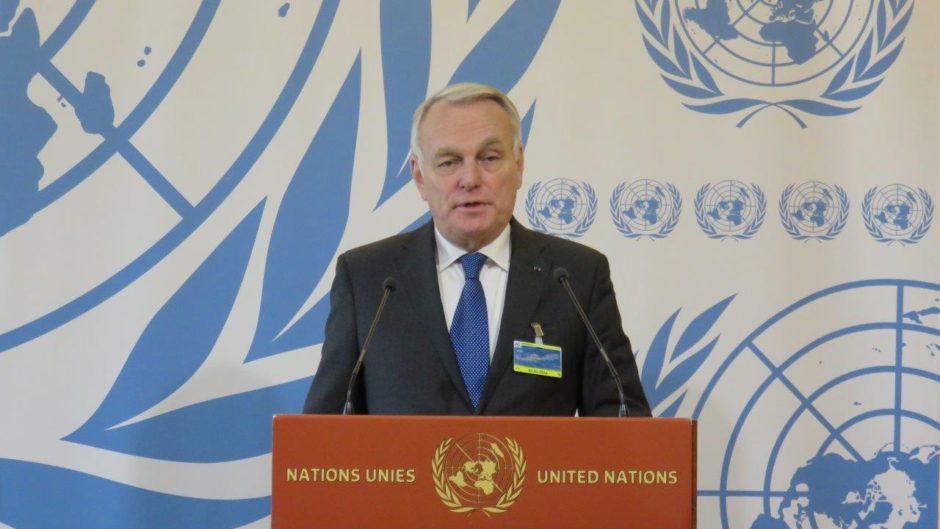
Israeli opposition leader Isaac Herzog was right to mock Prime Minister Benjamin Netanyahu’s recent assertion that he’s ready to take “brave steps” to achieve peace with the Palestinians.
Netanyahu made this claim in a speech to the Knesset on the eve of appointing Avigdor Liberman, a hawk, as Israel’s new defence minister. Commenting on this appointment, which scuttled his own chances of entering Netanyahu’s right-wing coalition government, Herzog accused Netanyahu of “slamming the door” to peace and becoming a “hostage” to political extremists.
Tellingly enough, Netanyahu failed to spell out the steps he’d be prepared to take to reach this objective. When it comes to matters of peace-making, Netanyahu always speaks in nebulous generalities. In accordance with his modus operandi, he said his government “will continue to strive for a diplomatic process” with the Palestinian Authority.

If Netanyahu had really been sincere, he could have seriously considered or embraced a bold initiative by France to convene an international peace conference, set for June 3, to relaunch negotiations between Israel and the Palestinian Authority on the basis of the 2002 peace plan proposed by Saudi Arabia.
Ministers from 20 countries have been invited to attend the conference, whose aim is to lay the groundwork for a summit in the autumn to which Israel and the Palestinian Authority would be invited.
Palestinian Authority President Mahmoud Abbas welcomed the French initiative, but Israel officially rejected it on April 28, maintaining that direct talks are the best way to resolve the dispute. Ultimately, face-to-face negotiations will be required, but in the meantime, the conference should be seen as a bridge to that end.
Since its official rejection of the bridging plan, the Israeli government has twice rebuffed French diplomatic overtures.

On a visit to Jerusalem in mid-May to promote it, French Foreign Minister Jean-Marc Ayrault was told in no uncertain terms that it’s a non-starter as far as Israel is concerned. A week later, French Prime Minister Manuel Valls was essentially given the same curt message while visiting Israel.
France intends to go ahead with the conference despite Israel’s negative position. It’s a shot in the dark, but it’s worth pursuing because the status quo is beneficial neither for Israel nor the Palestinians.
Since the collapse of U.S.-sponsored peace talks two years ago, tensions have risen in the West Bank, Israel has fought a border war with Hamas and more lives on both sides of the divide have been needlessly lost. At this rate, hopes for a two-state solution — which Netanyahu professes to support — are fast disappearing.
Israel’s chief ally, the United States, is understandably dismayed by the continuing impasse.
As U.S. Vice-President Joe Biden put it a month ago during a visit to Israel, “I firmly believe that the actions that Israel’s government has taken in the past several years — the steady and systematic expansion of settlements, the legalization of outposts (and) land seizures — (are) moving us and, more importantly, Israel in the wrong direction.”

In a warning that Israel can only ignore at its peril, Biden said that Israel’s policies in the West Bank are leading to a “one state reality” in which Israeli Jews will eventually be a minority. Netanyahu is certainly aware of this looming danger, having referred to it in a speech last year. But as Biden noted, he came away from his meeting with Netanyahu with the strong impression that “the prospect for peace in the near future” is dimmer than it has been in years.
The status quo may suit some Israelis, especially members of Netanyahu’s cabinet. But over the long run, it will run counter to Israel’s vital interests, reducing Israel to a full-fledged pariah state and plunging it into perpetual and needless conflict with its Palestinian neighbors.
The status quo is Israel’s enemy, but Netanyahu and company seem to think that conflict management will save Israel from utter disaster.
